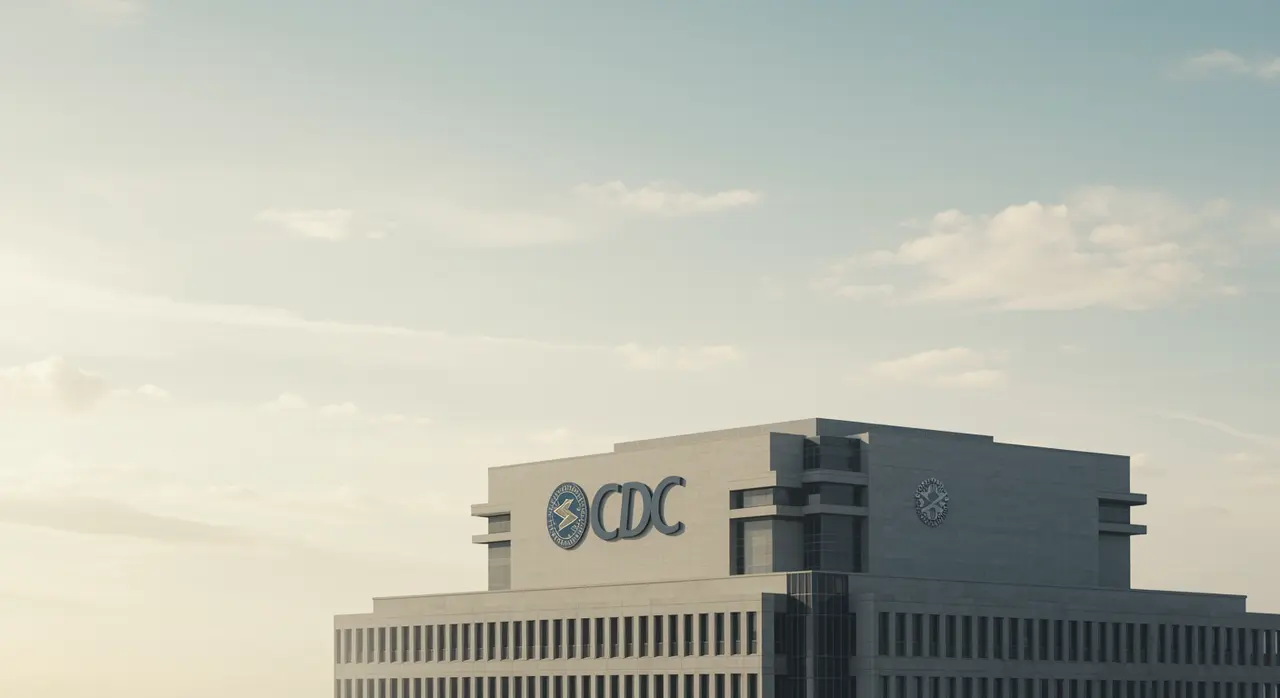CDC and Fauci Face Scrutiny Over Mask Mandates and Public Trust Collapse
69 views
The Mask Mandate Debate: A Retrospective on Public Health Policy and Trust
In the early days of the COVID-19 pandemic, the question of whether masks were an essential tool for halting the spread of the virus sparked a whirlwind of confusion, controversy, and changing directives. Five years on, the legacy of those decisions continues to ripple through society, with criticism mounting against key figures like Anthony Fauci and institutions like the Centers for Disease Control and Prevention (CDC). What began as a crisis in public health quickly evolved into a crisis of public trust, as the rationale behind mask mandates and other interventions remains a source of contention.
Initially, the CDC did not recommend masks for the general public, citing over two decades of research and pandemic planning exercises that had not supported universal masking. Anthony Fauci, then the leading voice of the U.S. pandemic response, echoed this sentiment in February 2020, publicly advising against their use. "There's no reason to be walking around with a mask," Fauci stated at the time, underscoring the belief that masks offered limited protection for the wearer and could even create a false sense of security. This stance aligned with the prevailing wisdom of the moment, which prioritized measures like handwashing and surface cleaning over face coverings.

But by April 2020, the tide had turned. The CDC reversed its position, recommending universal masking despite no new scientific evidence definitively proving its efficacy. The shift was reportedly influenced by sociologist Zeynep Tufekci, whose critique of the CDC’s early messaging gained traction in public discourse. Tufekci argued that masks, even if imperfect, could serve as a symbolic and practical tool to reduce transmission. The CDC's pivot was swift and decisive, yet it left many questioning the scientific basis for the change. Mask mandates soon followed, becoming a cornerstone of pandemic policy in the United States and abroad.
The studies used to justify these mandates, however, have not escaped scrutiny. One prominent example, the Bangladesh randomized trial, claimed to demonstrate the effectiveness of masks in reducing COVID-19 transmission. Yet experts have pointed to significant methodological flaws in the study, including issues with participant compliance and data collection. Critics argue that such research was insufficient to support the sweeping mandates imposed on millions. Meanwhile, countries lauded for their strict masking policies, such as South Korea and Japan, experienced high case rates despite widespread compliance. These outcomes have fueled skepticism about whether masks were ever the decisive factor in controlling the virus’s spread.
Adding to the controversy, Anthony Fauci himself has acknowledged that some early pandemic measures lacked scientific grounding. In a candid admission, he revealed that decisions like maintaining six-foot social distancing and masking children were often made arbitrarily, based on limited data and urgent circumstances. While Fauci defended these actions as necessary in the face of an unprecedented crisis, his remarks have reignited debates about the role of science—or the lack thereof—in shaping public health policy.
The Lingering Divide: Masks and the "Evermaskers"
Even as the pandemic has largely receded, its social and psychological aftershocks remain palpable. A segment of the U.S. population continues to wear masks and perceive COVID-19 as a major public health threat. According to recent surveys, 21% of Americans still view the disease as a significant risk, while 4% continue masking regularly in public spaces. Dubbed "evermaskers" by some, these individuals represent a broader phenomenon: the enduring impact of pandemic messaging on personal behavior and risk perception.
For these adherents, masks have become more than a tool for disease prevention; they symbolize vigilance and a commitment to community health. Yet their persistence in masking, even as COVID-19 fades from the headlines, highlights the lasting cultural divides wrought by the pandemic. On one side are those who view masks as an effective precaution, regardless of evolving scientific consensus. On the other are skeptics who see masking as emblematic of broader failures in public health communication.
The CDC’s handling of mask mandates has undoubtedly played a role in shaping these divides. Critics argue that the agency oversold the benefits of masks, creating unrealistic expectations and fostering a sense of betrayal when those expectations went unmet. Public trust in institutions like the CDC has suffered as a result, with many Americans questioning whether the agency prioritized politics over science. Fauci’s admissions about the arbitrary nature of some measures have only deepened this mistrust, leaving a legacy of doubt that may linger long after the pandemic’s official end.
Reflecting on the past five years, the mask debate serves as a cautionary tale about the complexities of crisis management. In moments of uncertainty, public health leaders must balance the need for decisive action with the imperative to maintain transparency and trust. The CDC’s initial reluctance to recommend masks, followed by its abrupt reversal, illustrates the challenges of navigating a rapidly evolving situation. Yet the fallout from these decisions underscores the importance of grounding policy in robust scientific evidence, even—or especially—during emergencies.
As society moves forward, the lessons of the pandemic must not be forgotten. The mask mandates, for all their controversy, offer an opportunity to reflect on how public health institutions can better communicate with the public, adapt to emerging data, and build trust in times of crisis. Whether the next global health emergency will see a more unified response remains uncertain, but one thing is clear: the debates sparked by COVID-19 will shape the contours of public health policy for years to come.